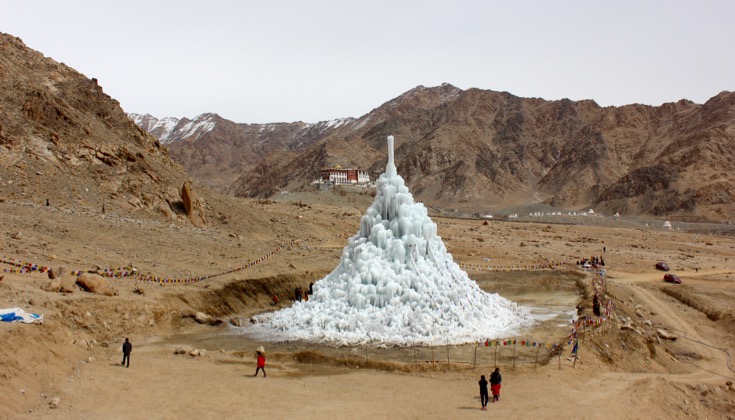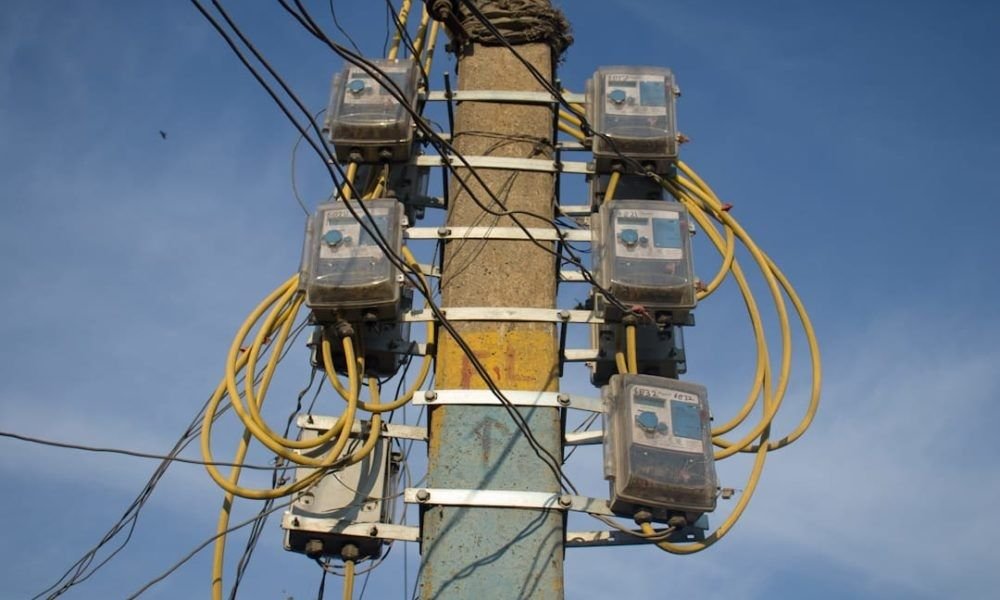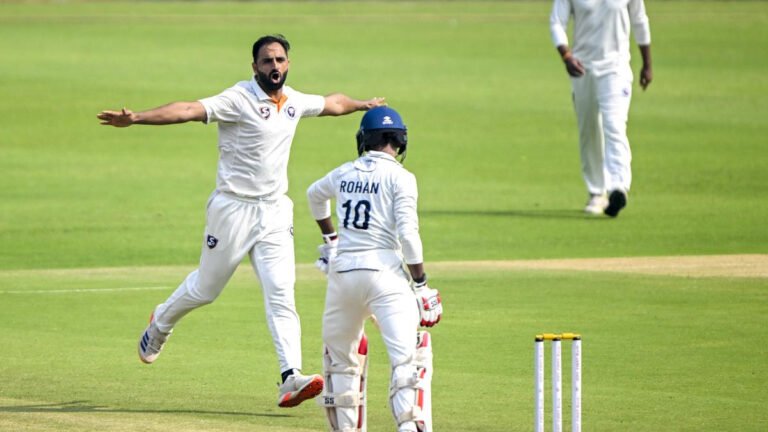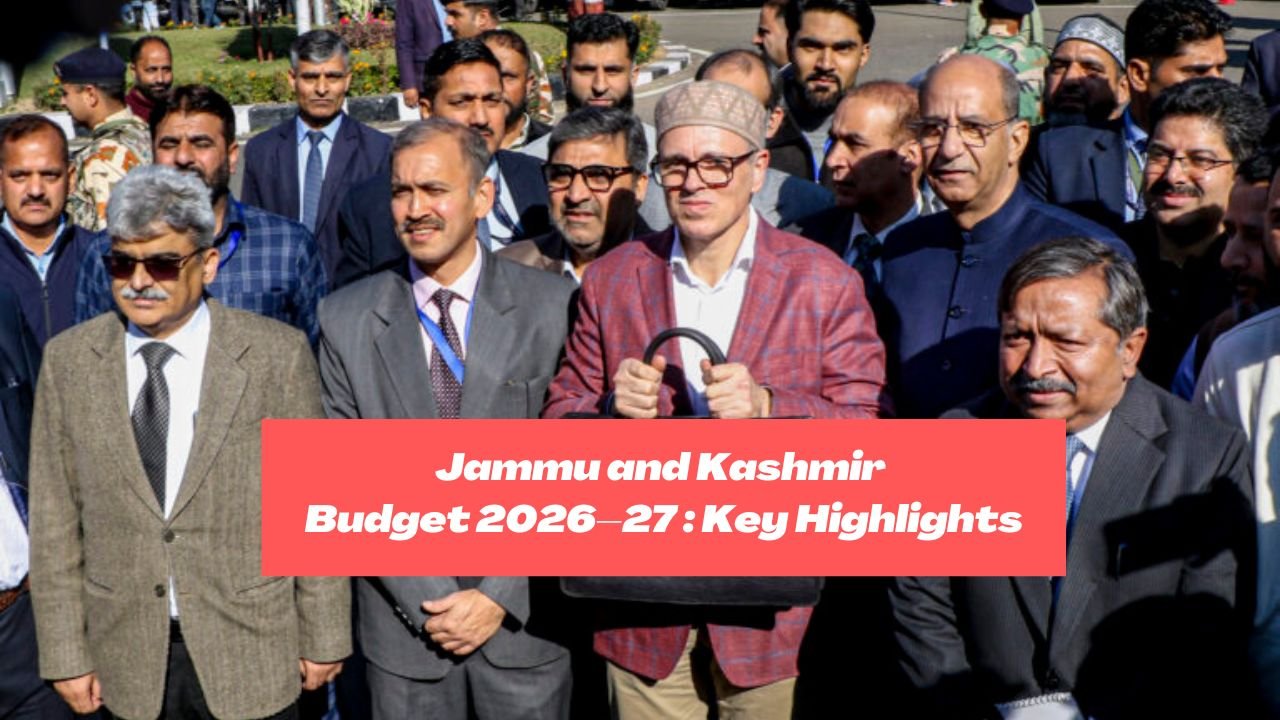Two Indians Bharat Vatwani and Sonam Wangchuk are among the winners of this year’s Ramon Magsaysay Award, regarded as the Asian version of the Nobel Prize.
Sonam Wangchuck one of two Indians who has been awarded the Ramon Magsaysay award this year was born in Uleytokpo, near Alchi of Leh district, Jammu and Kashmir in 1966.
Ramon Magsaysay Award Foundation said in its citation for the winner.
HEROES OF HOPE
We proudly present to the world the latest recipients of Asia’s Premier Prize and Highest Honor: the 2018 Ramon Magsaysay Awardees!
This is Greatness of Spirit.
This is Asia.https://t.co/2vcSgBJzm0https://t.co/13iyCweLbi#TheRamonMagsaysayAward pic.twitter.com/A4dwJ14Su4— RamonMagsaysayAward (@rmafoundation) July 26, 2018
Mr Wangchuk, 51, is being recognised for “his uniquely systematic, collaborative and community-driven reform of learning systems in remote northern India, thus improving the life opportunities of Ladakhi youth, and his constructive engagement of all sectors in local society to harness science and culture creatively for economic progress, thus setting an example for minority peoples in the world,” it said.
The Ramon Magsaysay Award Foundation President Carmencita Abella said the winners “are clearly Asia’s heroes of hope, moving their societies forward through their unequivocal pursuit of the larger good.
Read also: The Cold Desert – Ladakh and Agricultural productivity
Wangchuk finished his B.Tech in Mechanical Engineering from National Institute of Technology, Srinagar in 1987 and studied Earthen Architecture at Craterre School of Architecture in Grenoble, France for two years.
After his graduation Wangchuk, his brother and five others started the Students’ Educational and Cultural Movement of Ladakh (SECMOL) in 1988. The organisation aimed at reforming the educational system of Ladakh. Students returning from university worked to help village students in their education, and to reform the government school system and tackle problems arising from inappropriate and insensitive schooling. They also designed and helped in building solar-heated eco-friendly buildings in mountain regions like Ladakh, Nepal, Sikkim so that even in -30 Celsius the solar-powered school could keep the students warm.
 In 2005, Wangchuk was appointed as a member in the National Governing Council for Elementary Education in the Ministry of Human Resource Development, Government of India. Wangchuk invented and built a prototype of an artificial glacier called the ‘Ice Stupa’ that could store the stream waters during the winters in the form of giant ice cones and release the stored water during late spring as they start melting which the farmers could use for agricultural purposes.
In 2005, Wangchuk was appointed as a member in the National Governing Council for Elementary Education in the Ministry of Human Resource Development, Government of India. Wangchuk invented and built a prototype of an artificial glacier called the ‘Ice Stupa’ that could store the stream waters during the winters in the form of giant ice cones and release the stored water during late spring as they start melting which the farmers could use for agricultural purposes.
But his moment in the spotlight came when director Rajkumar Hirani’s movie ‘3 Idiots’ portrayed a character — Phunsukh Wangdu, played by Aamir Khan — said to be inspired by Sonam Wangchuk. He has been referred to as “The real-life Phunsukh Wangdu”, a comparison that Wangchuk keeps denying.
In 2016, Wangchuk initiated a project called FarmStays Ladakh, which provides tourists to stay with local families of Ladakh, run by mothers and middle-aged women. The project was officially inaugurated by His Holiness Chetsang Rinpoche on 18 June 2016.
 Governor NN Vohra has also congratulated Sonam Wangchuk for being conferred with the prestigious Ramon Magsaysay Award.The Governor has lauded Wangchuk for his various innovative contributions in improving the lives of people in the remote mountainous region of Ladakh. He described Sonam as an inspiring model for the youth of the state.
Governor NN Vohra has also congratulated Sonam Wangchuk for being conferred with the prestigious Ramon Magsaysay Award.The Governor has lauded Wangchuk for his various innovative contributions in improving the lives of people in the remote mountainous region of Ladakh. He described Sonam as an inspiring model for the youth of the state.
Read also : This is about the man who creates artificial glaciers to survive warming in Ladakh
Established in 1957, the Ramon Magsaysay Award is Asia’s highest honour. It celebrates the memory and leadership example of the third Philippine president after whom the award is named, and is given every year to individuals or organisations in Asia who manifest the same selfless service and transformative influence that ruled the life of the late and beloved Filipino leader.















